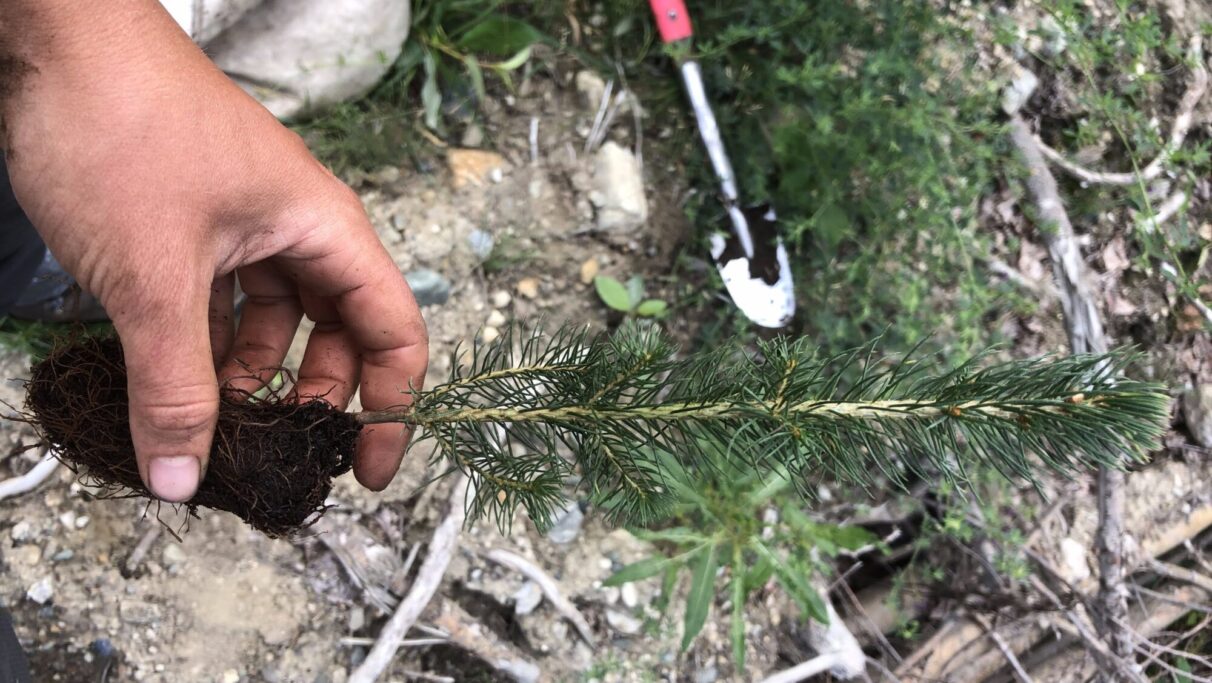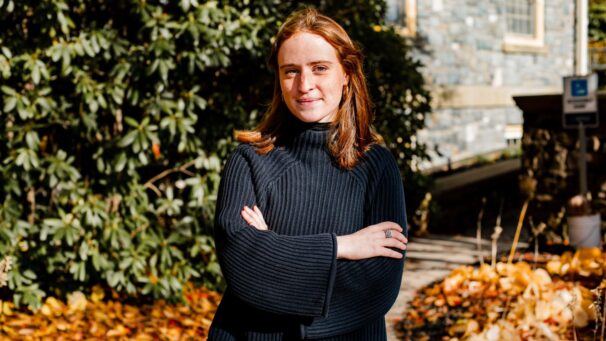Federal promise to plant two billion trees cut short
Nova Scotia seedling nurseries disappointed in federal budget cuts to forestry program

caption
The federal budget has cut short Canada's promise to plant two billion trees.The federal government has scaled back its ambitions to plant two billion trees over 10 years.
The Liberal government’s 2025 budget, passed on Monday, said the program would end having planted only one billion trees.
The 2 Billion Trees program — a commitment to plant two billion trees across Canada to counter biodiversity loss and mitigate climate change — was introduced in 2019 by the Trudeau government.
To date, an estimated 228 million trees have been planted. Natural Resources Canada, the agency in charge of the program, will honour only existing contracts and agreements, saving an estimated $200 million over four years.
Scott and Stewart, an Antigonish-based forestry consulting company, grows seedlings and operates a tree planting company in Nova Scotia and New Brunswick. The company grew and planted trees for the 2 Billion Trees program over the last four years.
The forest industry typically plants about 600 million seedlings per year, according to the Forest Products Association of Canada. When the program was announced, the industry needed an additional 200 million seedlings.

caption
A planter holds a spruce seedling. Spruce is one of the most common trees planted in Canadian forestry.“We got involved with (2 Billion Trees) after it was announced,” said Ryan Scott, an operations manager at Scott and Stewart Forestry. The company increased their seedling growth capacity, so “to have the potential long-term not there is a little disappointing.”
“I think the loss of (2 Billion Trees) is going to be very impactful on forests,” said Rob Keen, executive director of the Canadian Tree Nursery Association, which represents 62 nurseries across Canada.
“And it really is incumbent upon our governments, both provincial and federal, to take care of these assets and to manage them accordingly.”
Keen said the program was a learning opportunity for government and industry, and an opportunity to increase planting production for forest restoration.
Scott said the program was a way for the industry to “bridge the gap” during an economic downturn. Between 2013 and 2025, Scott and Stewart’s seedling production decreased 65 per cent, from 10 million to 3.5 million.
“The biggest impact I think you’ll see is there’s probably some groups looking at 2 Billion Trees as a way to keep workforces going, and to have that potentially not be there … may be tough,” said Scott.
It’s common for tree planters to travel to Atlantic Canada after the planting season ends in British Columbia in July. Jonathan Clark, the owner of New Brunswick-based company Replant, says he was a proponent of the 2 Billion Trees program, but he’s not surprised that tree planting is no longer a priority of the government.
“Most people don’t look at the bigger picture. They just look at what affects them,” said Clark. “I think that’s why a lot of people are like, ‘Yeah, f*** them. Don’t plant trees, shut it down.’ And some of the tree planters are like, ‘No, no, no. This is the most important thing.’ It’s very polarizing.”
I think that’s why a lot of people are like, ‘Yeah, f*** them. Don’t plant trees, shut it down.’ And some of the tree planters are like, ‘No, no, no. This is the most important thing.’ It’s very polarizing.
Jonathan Clark
Replant employer Emily Mount has spent most of her planting career working for logging mills — she plants trees that will someday be cut down. She liked working on the 2 Billion Trees contracts at Replant because those trees were not intended to be harvested.
She said she enjoys planting trees that won’t be cut down.
“I don’t (think that) companies will go plant trees just for the environment if we don’t have (2 Billion Trees) money,” she said.
About the author

Martha Cope
Martha Cope is a student in the master of journalism program at the University of King's College. She has an undergraduate degree in history...

Leave a Reply